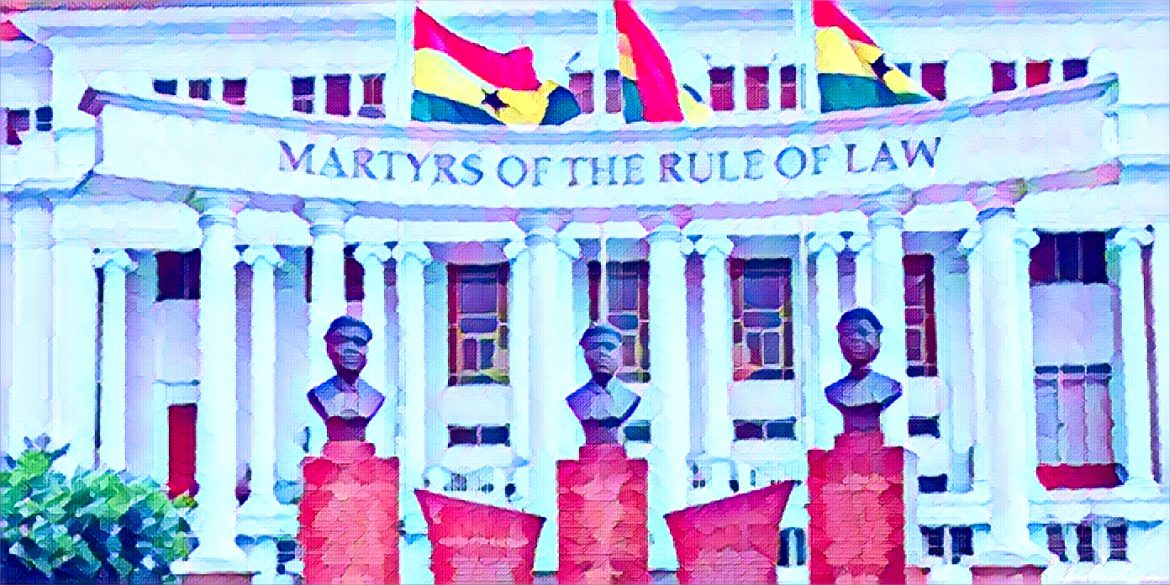The Imani Centre for Policy and Education and Professor Kwesi Aning, Director of Academic Affairs and Research at the Kofi Annan International Peacekeeping Training Centre, have taken a significant step by filing a writ at the Supreme Court of Ghana. Their legal action targets the Attorney General and Ministry of Justice regarding the appointments of heads of various uniformed security agencies across the country.
The Legal Challenge
In their writ, the plaintiffs seek a declaration that the President of the Republic of Ghana lacks the authority to terminate or remove heads of these agencies unless there is proven misconduct or misbehavior against these officeholders. The offices in question include:
- Chief Fire Officer of the Fire Service
- Inspector General of Police
- Director General of Prisons Service
- Comptroller General of Immigration Service
The plaintiffs argue that the President’s power to appoint fresh heads to these offices is limited. Specifically, they contend that the President cannot make new appointments unless the immediate officeholder is deceased.
Constitutional Interpretation
The legal challenge hinges on a meticulous interpretation of several articles within the 1992 Constitution of Ghana. The plaintiffs invoke Articles 200, 202 (1), 202 (2), 202 (3), 205, 207 (1), 207 (2), 207 (3), 190 (1), 191, 196, 199, and 269. These constitutional provisions define the boundaries of presidential authority and underscore the importance of due process in appointments and removals.
Concerning Trends
The plaintiffs raise concerns about a recurring pattern where new governments abruptly terminate the appointments of security agency heads, often disregarding their constitutional rights. Instances exist where removals occur before officeholders reach the statutory retirement age. For example, in 2017, the then Director-General of the Prisons Service, Mr. Emmanuel Yao Adzator, was asked to proceed on leave at the age of 54, and a replacement was appointed.
Unconstitutional Appointments
Imani and Prof. Aning further seek a declaration that appointments made by a newly elected President are unconstitutional. They argue that such appointments violate the rights of officeholders and disrupt the stability of these critical security agencies. The plaintiffs emphasize that terminations should only occur in cases of proven misconduct, misbehavior, retirement, resignation, or incapacity due to physical or mental infirmity.
Seeking a Consequential Order
Finally, the plaintiffs request a consequential order from the Supreme Court. This order would restrain the President from dismissing or removing security agency heads except under the specified circumstances. By seeking clarity on these matters, Imani and Prof. Aning aim to uphold the integrity of Ghana’s security institutions and ensure that appointments adhere to constitutional principles.
In summary, this legal challenge represents a crucial moment in Ghana’s governance, as it seeks to establish clear guidelines for the appointment and removal of security agency heads. The Supreme Court’s ruling will shape the future of these critical institutions and safeguard the constitutional rights of their leaders.





2 comments
Your article helped me a lot, is there any more related content? Thanks!
Thanks for sharing. I read many of your blog posts, cool, your blog is very good.